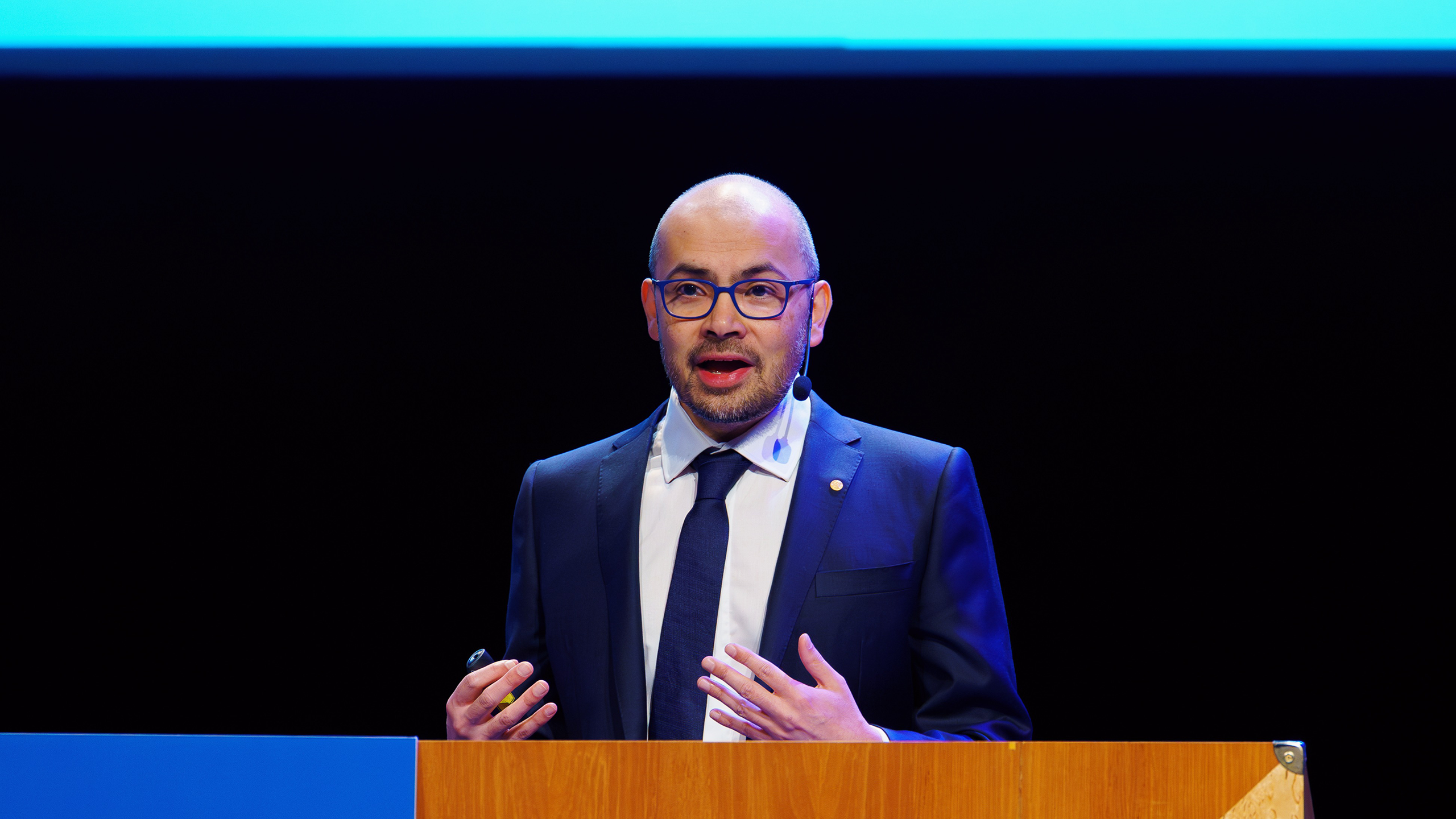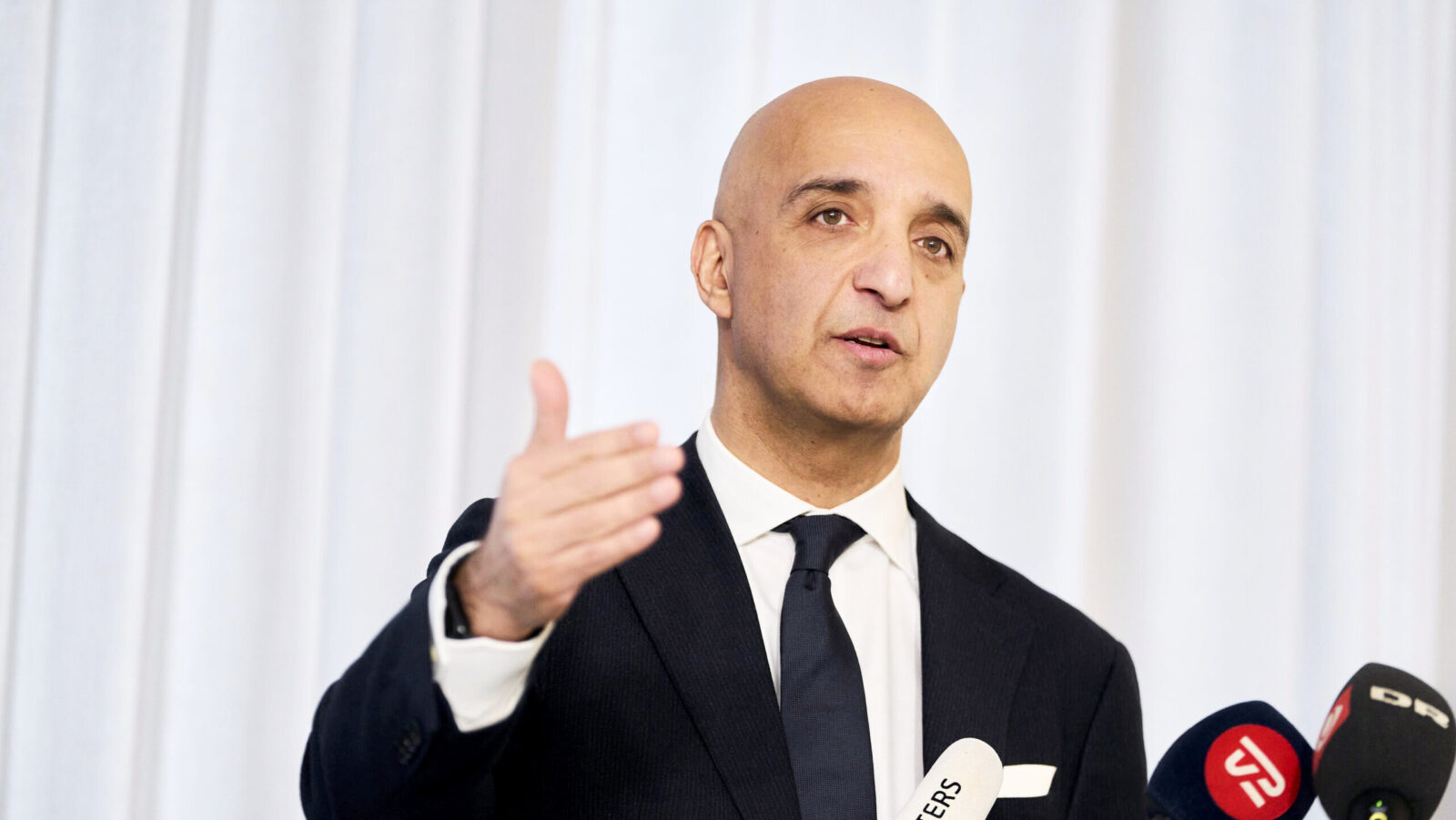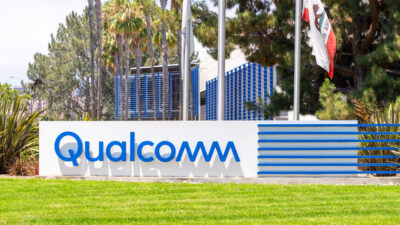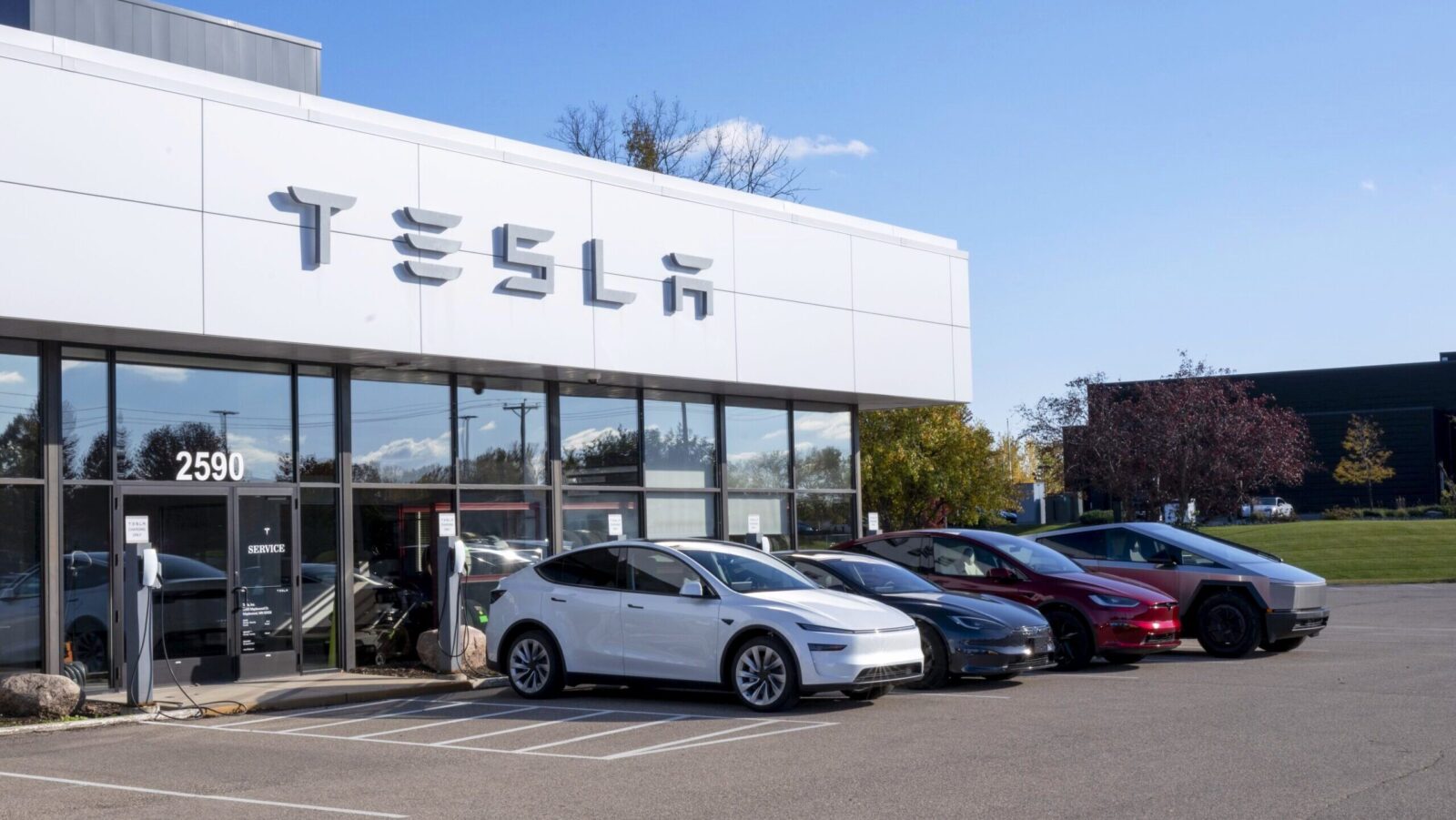Google-Backed AI Drug-Developer Isomorphic Labs Secures $600 Million
Though Isomorphic is burning through millions in R&D costs now, investors have high hopes for the potential of AI drug development.
Sign up for smart news, insights, and analysis on the biggest financial stories of the day.
Turns out AI can be used for more than Ghibli-ifying selfies. AI drug developer Isomorphic Labs raised $600 million in its first external funding round as hype builds around AI-powered biotech.
Investing firm Thrive Capital led the round, while Alphabet and its venture arm GV also added funds. Isomorphic was spun off from Google’s AI unit DeepMind four years ago.
Though Isomorphic is burning through millions on research and development now, investors have high hopes for AI’s potential to spur the formulation of new medical treatments.
Searching for New Scrips
Isomorphic CEO Sir Demis Hassabis said Isomorphic’s latest funding round is “a significant step forward towards our mission of one day solving all disease with the help of AI.” Billions are being thrown around to get Isomorphic, and its competitors, closer to achieving that lofty goal:
- Isomorphic secured partnerships worth almost $3 billion with drug developers Eli Lilly and Novartis last year.
- Beyond Isomorphic, Valo Health signed a nearly $5 billion deal with Novo Nordisk to develop obesity drugs using AI, and Recursion Pharmaceuticals made a $1.5 billion agreement with Bayer for AI-driven cancer drug discovery.
Isomorphic made a breakthrough last year, when it unveiled AlphaFold 3, an AI model that can predict the structures of DNA, RNA, and disease markers known as ligands. DeepMind and Isomorphic CEO Hassabis co-won the Nobel Prize in chemistry for AlphaFold, which can be used to run drug-development simulations.
AI models like AlphaFold could one day let researchers discover new drugs at their desks, mostly with their computers, instead of in a lab using beakers of chemicals. That’s expected to speed up drug development, cut costs, and potentially create more effective treatment options.
More Than Meets the AI: AI-developed drugs haven’t hit pharmacy shelves yet, but a handful have made it to the testing stage — where they’ve yielded promising results. ScienceDirect found in a study that AI-discovered molecules (the building blocks of drugs) have substantially higher success rates (up to 90%) during early trials than the average. So while much of the hype around AI has focused on improved search engines and generating quirky pics and videos, it has other promising, if slightly less flashy, applications.












